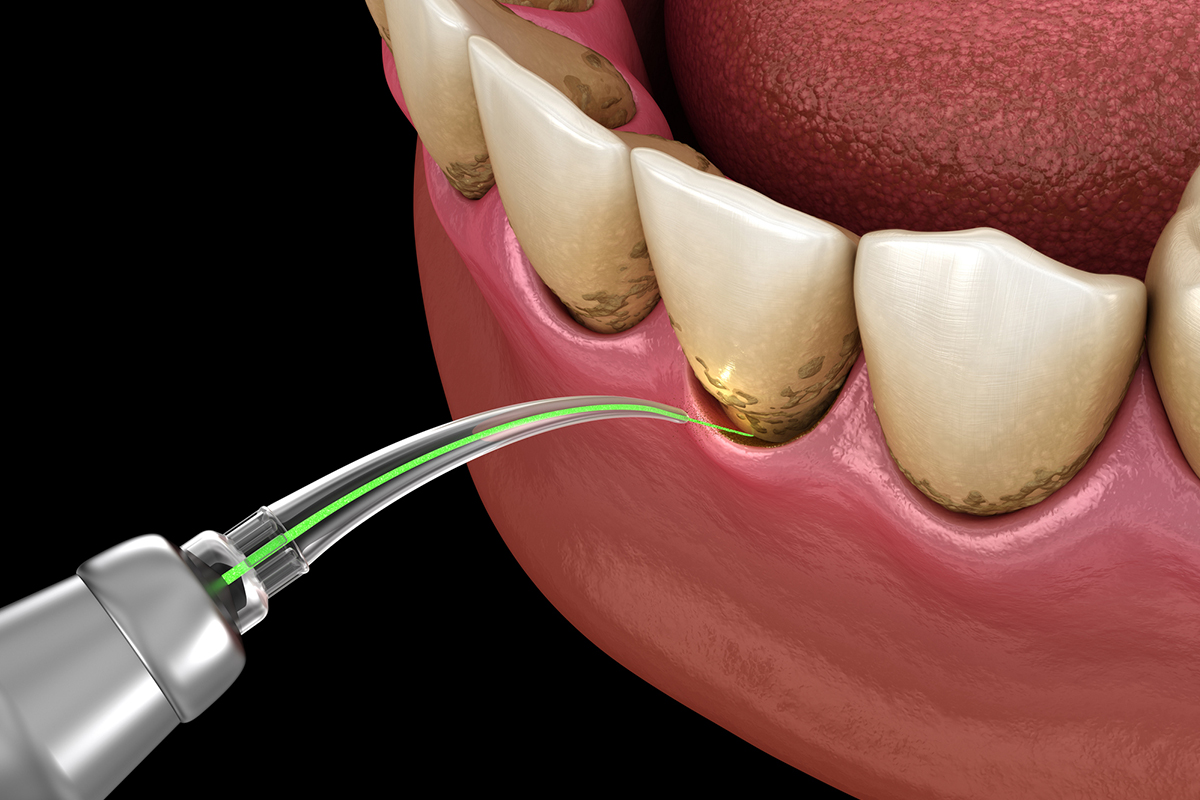When it comes to dental health, we often concentrate on brushing, flossing, and routine check-ups, but some conditions require more specialized attention. One such procedure you might not know about is a frenectomy. At first glance, the term may sound complex, but the procedure itself is straightforward and can have a significant impact on your oral health and overall quality of life. Today, we’ll guide you through what a frenectomy is, why you might need one, and what you can expect during and after the process.
Understanding Frenectomies
A frenectomy is a minor oral surgery that involves the removal or modification of a frenum—a thin band of tissue that connects the lips, tongue, or cheeks to the surrounding structures in your mouth. There are two primary types of frena that may need attention:
- Lingual Frenum: This connects the underside of your tongue to the floor of your mouth.
- Labial Frenum: This connects your upper or lower lip to your gums.
While these tissues serve a normal anatomical purpose, some individuals are born with frena that are abnormally thick, tight, or short, causing restrictions in movement or other oral health issues. For example, a restrictive lingual frenum may lead to a condition commonly referred to as “tongue-tie.” Similarly, a problematic labial frenum could contribute to gaps between your front teeth or speech difficulties.
Key Benefits of the Procedure
If your dentist or periodontist has recommended a frenectomy, it may be for any number of reasons. Here are the key benefits associated with the procedure:
- Improved Functionality: By removing or altering a restrictive frenum, you can regain full movement of the lips or tongue, improving essential functions such as speaking, eating, or breastfeeding (in infants).
- Reduced Discomfort: Some individuals with tight or thick frena experience discomfort while eating or brushing. A frenectomy can alleviate this pain and make daily activities more comfortable.
- Aesthetic and Orthodontic Support: For patients dealing with gaps caused by a labial frenum, a frenectomy can make orthodontic treatment more effective and prevent relapse.
When Is a Frenectomy Recommended?
Not everyone with a noticeable frenum anomaly will require surgery. However, a frenectomy becomes necessary when the condition significantly impacts your oral health or daily life. Below are some common scenarios where this procedure might be recommended:
1. Difficulty in Speech or Eating
A restricted tongue, or ankyloglossia, can make tasks like forming certain sounds or chewing food quite challenging. For children, tongue-tie may lead to delays in speech development or difficulty breastfeeding. Adults with the condition might notice recurring challenges in their professional or social lives tied to impaired verbal communication.
A frenectomy, performed by a skilled periodontist, can free up tongue movement and help resolve these challenges quickly and effectively.
2. Orthodontic Complications
The position of your teeth and the alignment of your bite can be influenced by the structure of your frena. For instance, an excessively tight labial frenum can create unwanted tension, leading to gaps between the upper or lower front teeth. Even after braces or aligners move the teeth into their proper position, a restrictive frenum can cause the gap to reopen over time.
By addressing this issue with a frenectomy, we can enhance the effectiveness of your orthodontic treatment and help maintain your results long-term.
3. Gum Health Concerns
A thick or short frenum can sometimes exert excessive pressure on your gums, pulling gum tissue away from your teeth and contributing to gingival recession. Left untreated, this can lead to increased tooth sensitivity and even potential tooth loss. A periodontist may recommend a frenectomy to reduce this risk and preserve your gum health.
What to Expect During and After a Frenectomy
If you’ve been scheduled for a frenectomy, you may feel a mix of curiosity and apprehension. Understanding what the procedure entails can ease any concerns you have about the process.
During the Procedure
A frenectomy is typically performed in-office under local anesthesia, making it a safe and pain-free experience. Using specialized instruments or laser technology, your periodontist will skillfully remove or adjust the frenum to restore normal oral function. The entire process usually takes less than 30 minutes.
For younger patients or individuals with specific needs, sedation options may be discussed to ensure a comfortable experience.
After the Procedure
Recovery from a frenectomy is well-tolerated and relatively quick. Patients may experience slight swelling or tenderness for a few days but can usually resume normal activities within 24 hours. To promote healing, we recommend:
- Avoiding abrasive or spicy foods for the first week.
- Practicing good oral hygiene to prevent infection.
- Following any post-operative care instructions provided by your periodontist.
We’ll schedule a follow-up visit to monitor healing and ensure the procedure achieved its intended results.
Frequently Asked Questions
Will a frenectomy affect my ability to speak or eat right away?
Not at all. While you might feel minor tenderness immediately after the procedure, your ability to speak and eat should improve significantly once healing is complete. For those who previously experienced speech impediments or difficulty with oral tasks, you’ll likely notice an enhancement in functionality over time.
Is a frenectomy safe for children and infants?
Absolutely. Frenectomies are often recommended for infants struggling with breastfeeding due to tongue-tie. Performed by an experienced specialist, the procedure is quick, safe, and allows immediate improvements in feeding. For children and older patients, the results can significantly enhance oral function and confidence.
At Schrott Perio Implants, we specialize in providing expert periodontal care tailored to your needs. If you believe a frenectomy could benefit you or someone in your family, we’re here to help. For comprehensive periodontal and dental implant care, visit us at Schrott Perio Implants. Contact us today, and take the first step toward a healthier smile!

